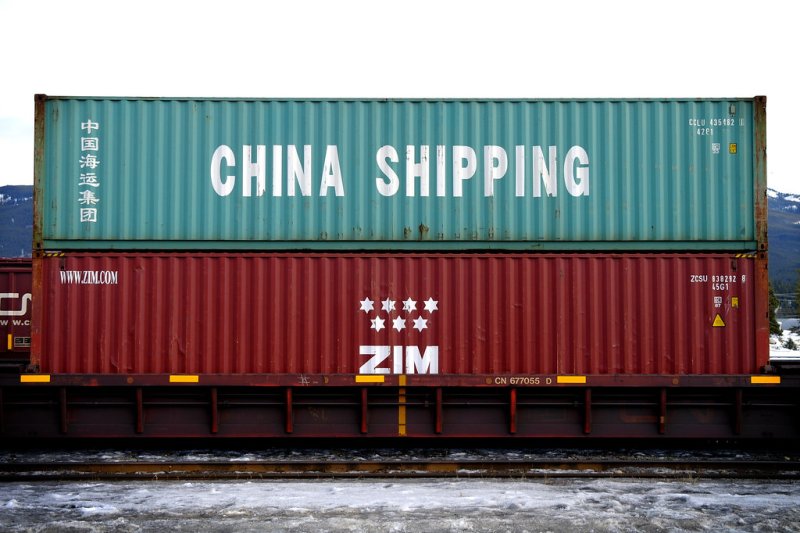- Negotiations

A bilateral trade agreement between Australia and China was finalised in 2015.
This agreement is controversial in Australia because it increases entry of temporary Chinese workers in a large number of occupations, without testing first if local workers are available. There are also provisions for Chinese companies with projects worth over $150 million to negotiate the number of foreign workers they bring in as well as their pay and conditions. This is the first time an arrangement which could allow most of the workforce to be imported has been included in any Australian trade agreement. It is unclear whether recent changes to the regulations of Australia’s Migration Act will be sufficient to ensure that such workers are not exploited.
Temporary migrant workers in Australia are already at a high risk of exploitation. There have been a number of studies showing exploitation of temporary workers, working long hours in dangerous conditions at less than minimum wages. Without greater protections in place there are concerns that increased numbers of temporary workers negotiated through trade agreements could lead to more cases of exploitation.
One important impact of the agreement is how it will open the doors to more Chinese investment in Australian agriculture. China is looking to secure its food supply by investing in agribusiness abroad, whether by investing directly in farms or buying into supply chains. Australia is an important source of meat and to a lesser extent dairy for China, and so ChAFTA is expected to boost Chinese deals in Australia’s livestock industry.
The ChAFTA is also controversial because it contains Investor-State Dispute Settlement (ISDS) provisions, which allow foreign investors to bypass national courts and sue governments before an arbitration tribunal for compensation if they can argue that changes to law or policy harm their investment. This gives increased power to corporations at the expense of democracy and the public interest.
Contributed by AFTINET
last update: March 2016
Photo: PughPugh/CC BY 2.0
29-Jun-2006
Both the Chinese premier and the Australian prime minister have expressed their hopes of accelerating talks on a free-trade agreement yesterday in the southern city.
28-Jun-2006
Fewer than a quarter of Australian manufacturing companies support a free trade agreement with China, according a survey by the Australian Industry Group.
26-Jun-2006
The crisis in the automotive components sector will continue to worsen as long as the Federal Government permits unfair international competition and refuses to implement a strategic industry policy.
31-May-2006
The Standard
Beijing has told Canberra that opening access to China’s services industry will be the most difficult aspect in bilateral free-trade negotiations, according to an Australian official.
27-May-2006
The Age
After a year of skirmishing, Australia’s free trade discussions with China are taking shape, with China agreeing in principle to include the sensitive areas of government procurement and investment in any agreement.
22-May-2006
The Australian
Winning the soccer World Cup in Germany next month would be a cinch compared with winning special access to Chinese markets for Australian farmers, investors and service providers.
14-May-2006
ABC
Australia’s Treasury has dismissed the Australian Government’s quest for bilateral free trade deals in Asia, saying that there are no clear benefits.
6-May-2006
ABC
Federal Trade Minister Mark Vaile says wheat and beef must be included in any Australian free trade agreement (FTA) with China.
24-Apr-2006
Australia’s service providers - including the big banks, universities and construction and transport companies - yesterday received the strongest indication yet that they may be among the winners from the free trade agreement being negotiated with China.
24-Apr-2006
Businesspeople naturally admire decisiveness. This is one reason why China is so widely sought by corporate Australia as a trade and investment partner.





